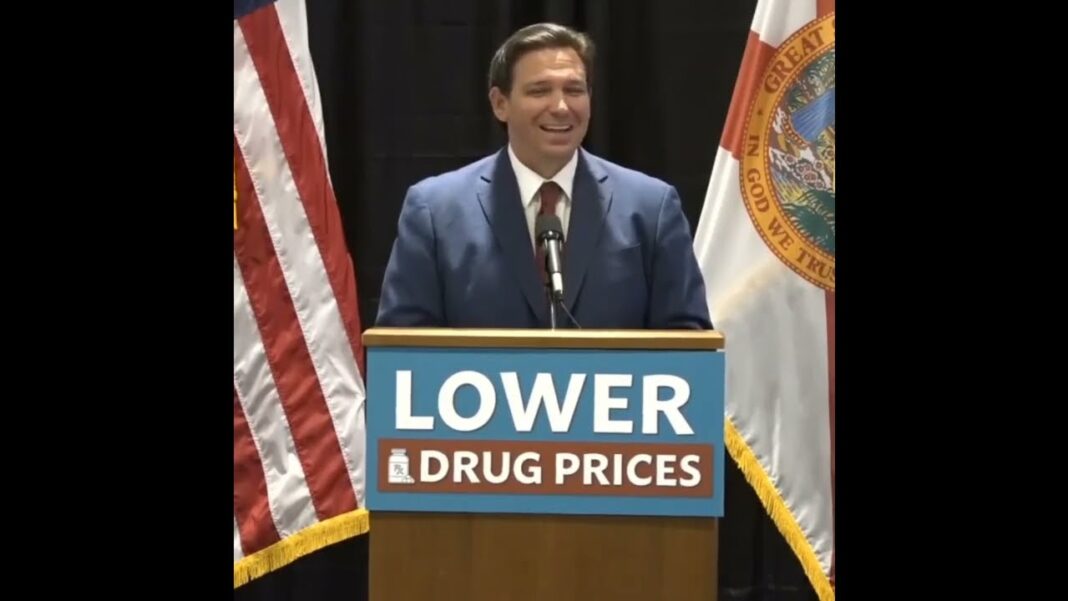House Speaker Kevin McCarthy (R-Calif.) previewed Republicans’ strategy regarding how to handle the U.S. debt limit after Treasury Secretary Janet Yellen warned that the limit will be reached next week.
Analysts say the debt ceiling battle will turn into a political showdown, with some Republicans tying raising the debt limit with other provisions. Some said that a debt limit deal should include spending cuts.
“What I really think we would do is treat this like we would treat our own household. If you had a child, you gave them a credit card, and they kept hitting the limit, you wouldn’t just keep increasing it. You’d first see what you’re spending your money on. How can we cut items out?” McCarthy told Fox News’ “Sunday Morning Futures.” “Every government has to do this. Every state has to balance their budget, county, city. For the White House to say they won’t even look at it, that they can’t find one penny out of $1 of eliminating waste, I think they’re just trying to put us into bankruptcy.”
McCarthy in the interview appeared to side with some members who say they want spending reined in. Before he was elected speaker after 15 rounds, McCarthy reportedly made concessions with different Republican groups.
“This is not our money. This is the hard-working taxpayers’ money. We should start every day with how can we be more efficient. How can we deliver more effectively to the American public. And how can we do it in a more secure way that we don’t spend as much?” the House speaker said. “Why would we sit back and be so arrogant to say ‘no, there’s no waste in government’? Why wouldn’t we look at all the money that poured out during COVID? What money of that has not been spent? Why wouldn’t you pull that back yet?”
His comments were prompted by a letter sent by Yellen to congressional leaders that warned that the ceiling would again be reached. Citing projections, Yellen said it would be hit by Jan. 19, prompting the federal government to take “certain extraordinary measures” including suspending new investments of the Postal Service Retiree Health Benefits Fund and the Civil Service, Retirement, and Disability Fund, as well as other, similar programs.






